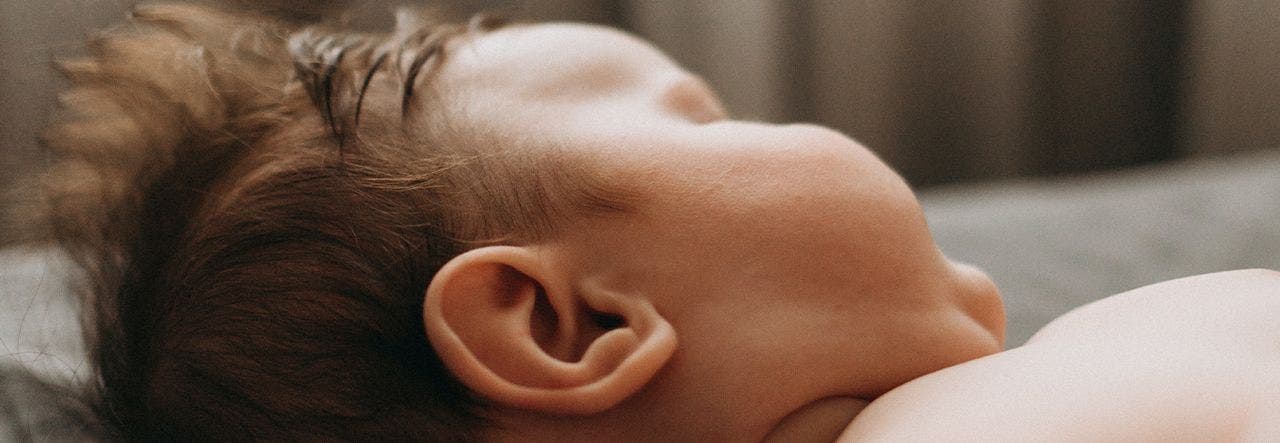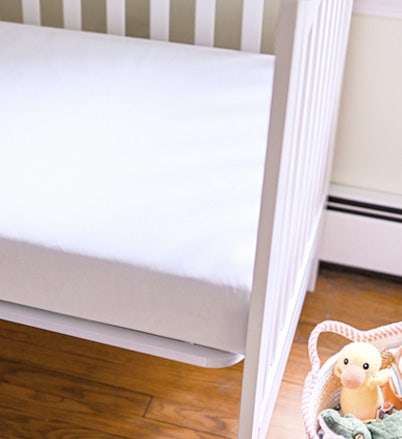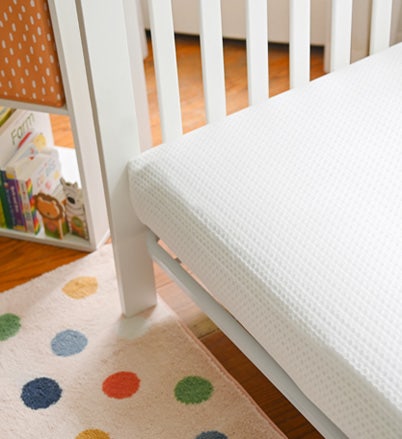5 Reasons Baby’s Taking Short Naps (Plus Expert Tips!)
Is your baby taking short naps? Wondering why? It may feel like you spend more time preparing your child for their nap and helping them to sleep than they spend actually napping.
Short naps can be very frustrating, leaving you and your child feeling tired and cranky. Here’s some insight into what might be causing them, plus what you can do to help your little one sleep longer.
How Long Should Babies Nap?


“Short nap” is a pretty vague term. What exactly qualifies as a “short nap?” What’s normal, and what isn’t?
It takes approximately 50 minutes to cycle through the four stages of sleep. Thus, anything 50 minutes or longer demonstrates your baby's ability to transition from one sleep stage to the next, and even from one cycle to the next, which is great.
A nap that is less than 50 minutes doesn’t cycle through each of the sleep stages (the latter two being the most important stages for rest and restoration), so we’ll classify naps under 50 minutes as “short naps.”
5 Potential Causes For Your Baby Taking Short Naps
The occasional short nap is normal. But if your little one regularly can’t seem to doze for longer than an hour, there might be an underlying issue. Here are a few potential causes to consider.
1. They’re Undertired
The less tired your child is, the less they will need to nap. But what happens if your baby shows you some tired signs before they should be ready for a nap? If you see your baby yawning, it doesn't always mean they're tired. They could be overstimulated (more on that later) or even just bored.
If your little one exhibits some signs of sleepiness, but it's only been about 20 minutes since their last nap, try switching to another activity and see if that helps.
2. They’re Overtired
You would think that getting an overtired baby to sleep would be a breeze. They really need the nap, right? Sorry to be the bearer of bad news, but unfortunately it’s not the case. When your baby is overtired, they will actually struggle to fall asleep and are more likely to get a short nap. It's the exact opposite of what we want – and what they want, too!
Aim for nap time when your child is tired … but not overtired. That may be easier said than done with your baby. Some babies very visibly show you when they feel tired. Others? Not so much. In fact, most children will only exhibit signs of tiredness when they're feeling overtired, not just a little sleepy.
Watch the clock to ensure your baby is napping at the end of a suitable period of awakeness. Not sure how long that is? It varies by age – take a look:
- 0-1 month old: 45 minutes between naps
- 1-2 months old: 45 to 60 minutes between naps
- 2-4 months old: 1.5 to 3 hours between naps
- 5-8 months old: 2.5 to 3 hours between naps
- 9-12 months old: 2.5 to 4 hours between naps
3. They’re Overstimulated


If your baby wakes after a short 20 minutes, they may have been overstimulated before they fell asleep. A wake-up due to overstimulation is a quick, urgent wake-up, and you’ll likely be unable to help your baby back to sleep. But there is a bright side: these situations are easily avoidable!
Five to 10 minutes before you begin your child's nap routine, pick them up and slowly walk around with them. You can look out the windows or at pictures on the walls. After your walking wind-down, begin your nap routine. This additional few minutes of walking around helps ease your child's brain before you help them to sleep. The more relaxed their brain is, the easier it is for them to fall asleep and stay asleep.
4. They’re Hungry


If your baby has a rumbly tummy, they may wake shortly after falling asleep. It can be tricky trying to time out naptime and meal time. If your baby usually goes three hours between feeds, and you wait ninety minutes after a feed to put them down for a nap, then they will likely wake up after a half hour … because they're hungry! I always recommend feeding before nap time, so that you can rule out hunger as a reason for your baby taking short naps.
5. They’re Under Four Months Old
This is a tricky one to navigate. Your newborn probably took lovely, long naps. But then, they got to around 12 weeks old, and that long-nap bliss disappeared. As their sleep skills begin to develop, nighttime becomes their primary sleep time. Your child may sleep longer through the night, but that comes at the expense of naps.
If your little one’s naps regress and are limited to just one sleep cycle, don't worry. This is normal. Those longer naps begin to develop sometime between four and six months old, so this period doesn't last forever.
Your baby's sleep personality can also also play a role in naptime and bestime, too. Learn more here!

 Baby
Baby
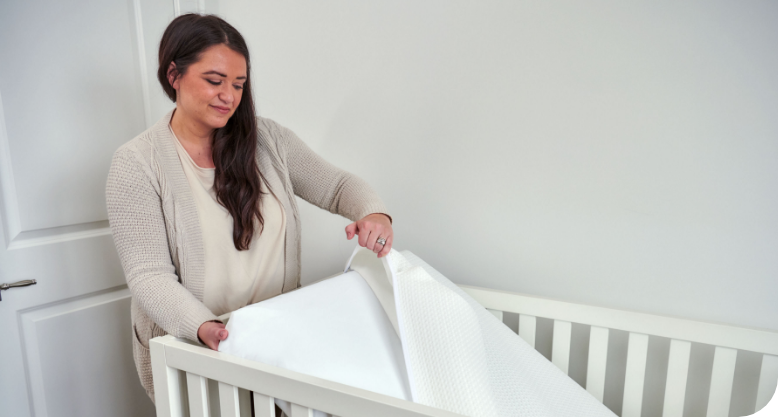
 Kids
Kids
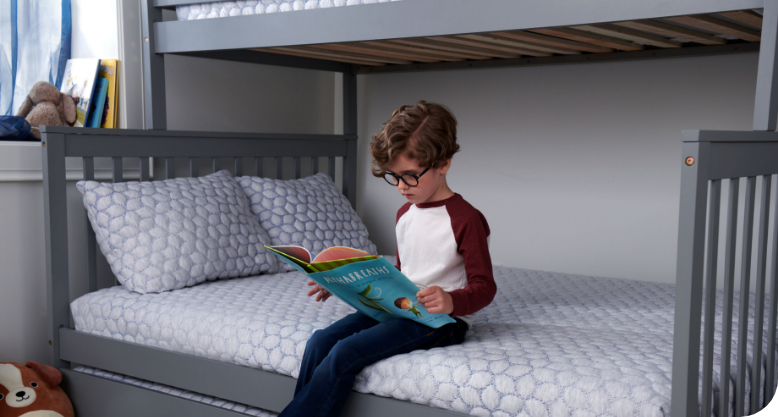
 Learn
Learn
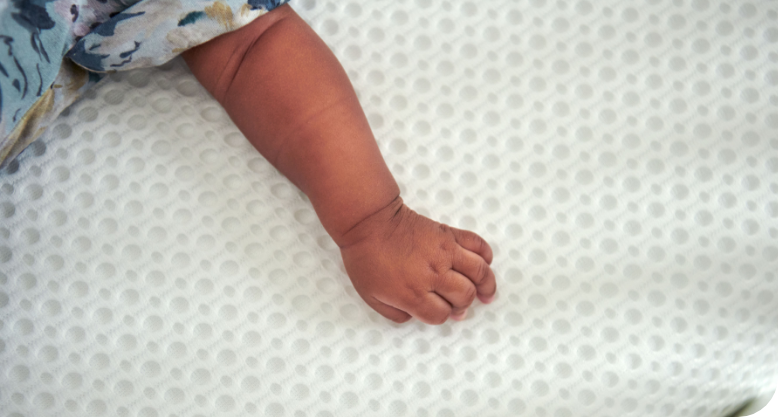
 FIND A STORE
FIND A STORE CONTACT
CONTACT